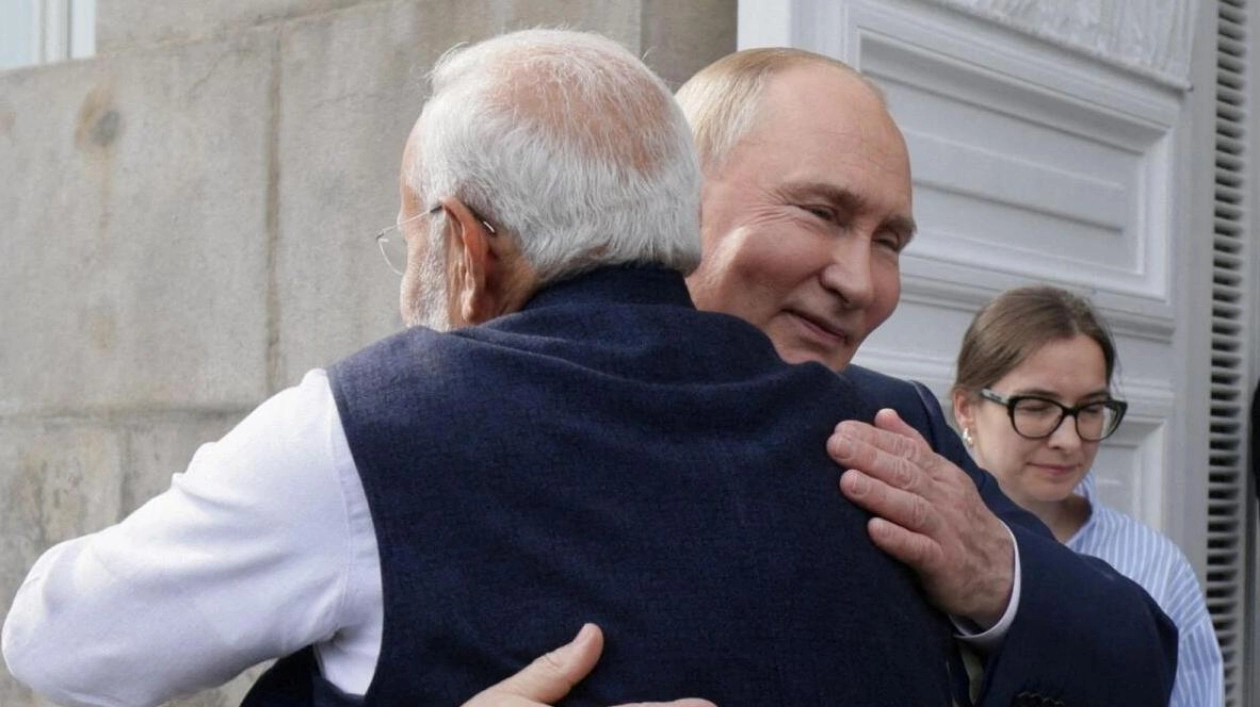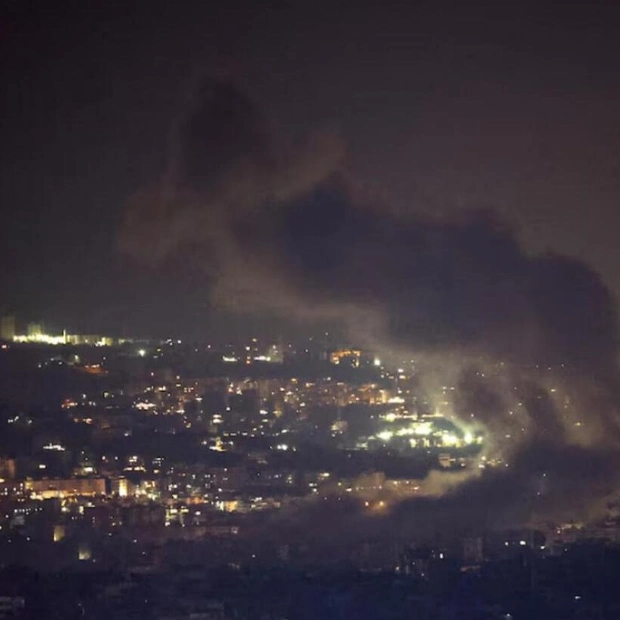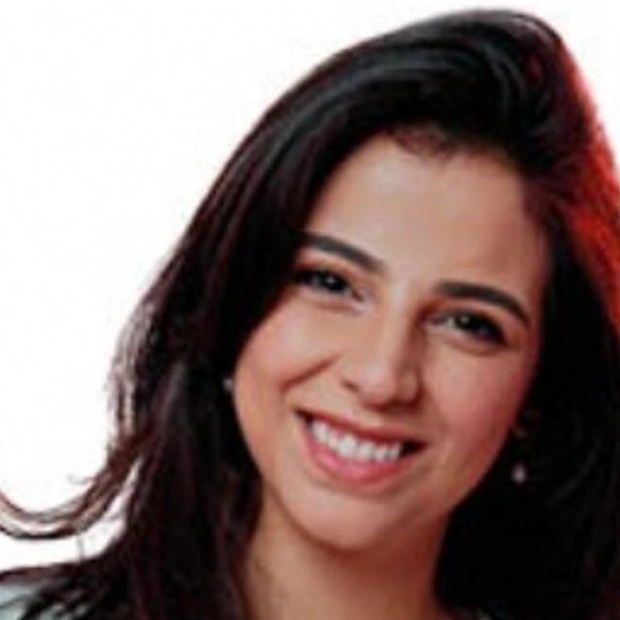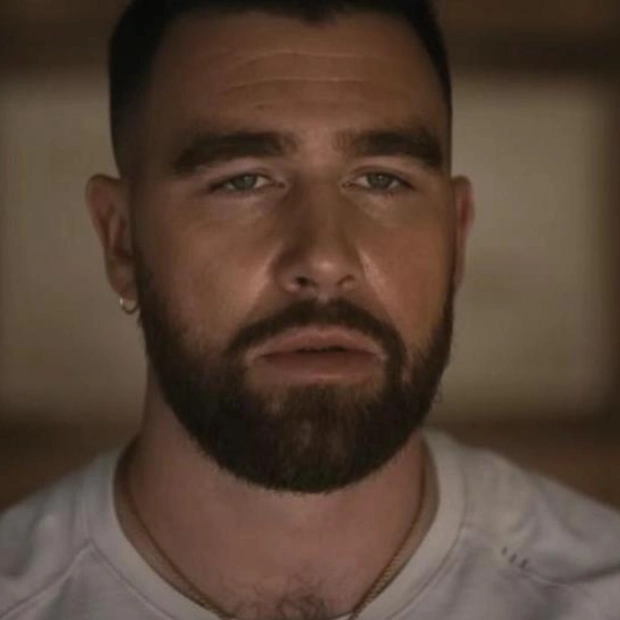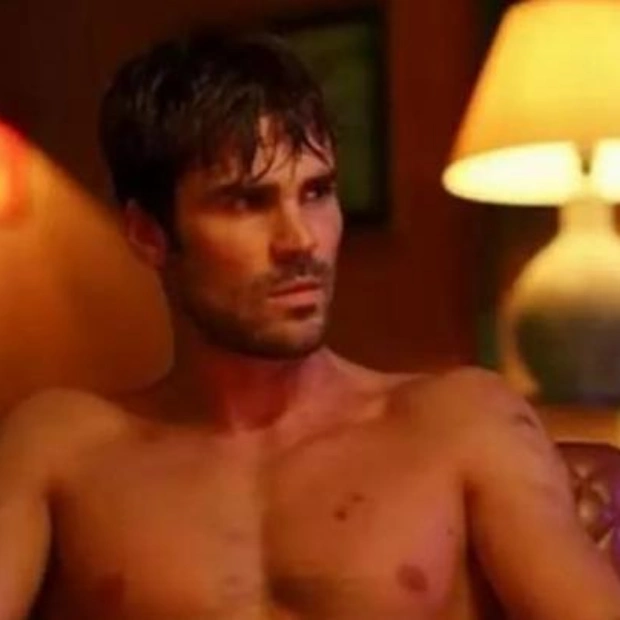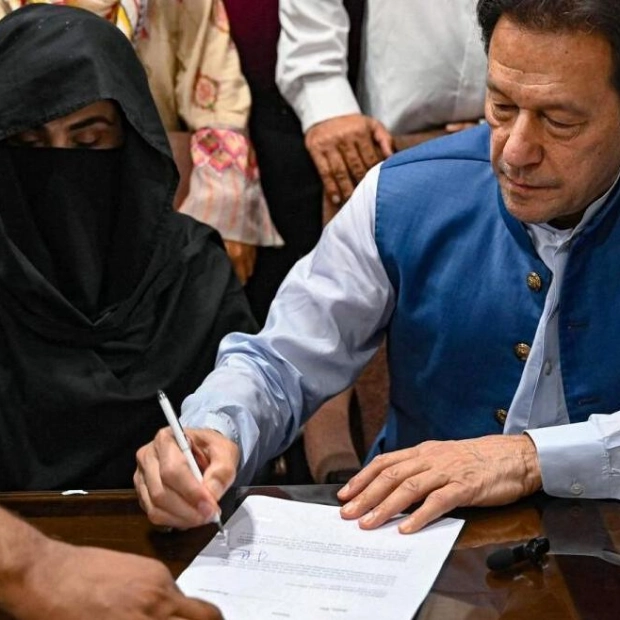Indian Prime Minister Narendra Modi conveyed to Russian President Vladimir Putin on Tuesday his support for a rapid conclusion to the protracted conflict in Ukraine, following his visit to the war-torn nation. At 73, Modi has navigated a nuanced path, preserving India's traditionally amicable relations with Russia while fostering closer security alliances with Western countries as a counterbalance to regional competitor China. New Delhi has refrained from explicitly denouncing Russia's incursion into Ukraine in February 2022, advocating instead for a resolution through dialogue between the parties involved. Modi shared on social media that he had 'discussed various viewpoints on the Russia-Ukraine conflict' with Putin and offered 'insights from the recent trip to Ukraine.' He emphasized India's unwavering dedication to facilitating an early, lasting, and peaceful resolution to the conflict.
Modi, who drew criticism from Ukrainians for embracing Putin in Moscow, visited Kyiv on Friday and advised President Volodymyr Zelensky that 'issues should not be settled on the battlefield.' His conversation with Putin followed a call with US President Joe Biden, during which Modi reiterated New Delhi's 'steadfast stance in favor of dialogue and diplomacy,' according to an Indian foreign ministry statement. India and Russia have sustained strong ties since the Cold War, with the Kremlin serving as a significant arms supplier to the South Asian country. Since the onset of the Ukraine conflict, Russia has also emerged as a major provider of discounted crude oil to India, offering a vital export market amid Western sanctions. This has significantly reshaped their economic relationships, with India saving billions of dollars and simultaneously strengthening Moscow's war funds. India is a member of the Quad alliance, alongside the United States, Japan, and Australia, which aims to counter China's expanding influence in the Asia-Pacific region.
